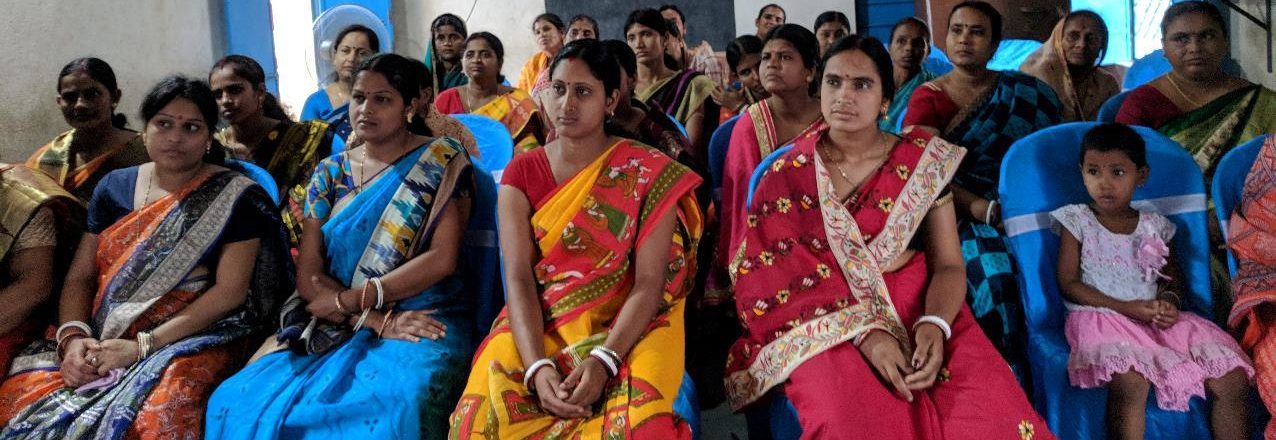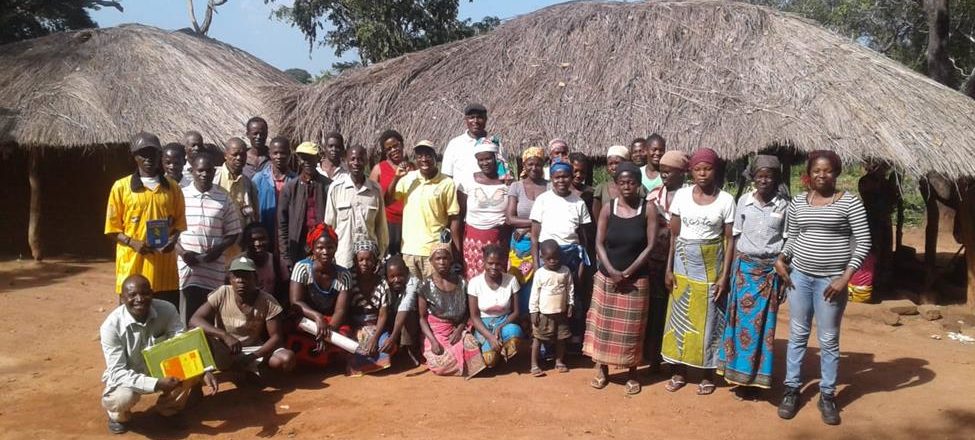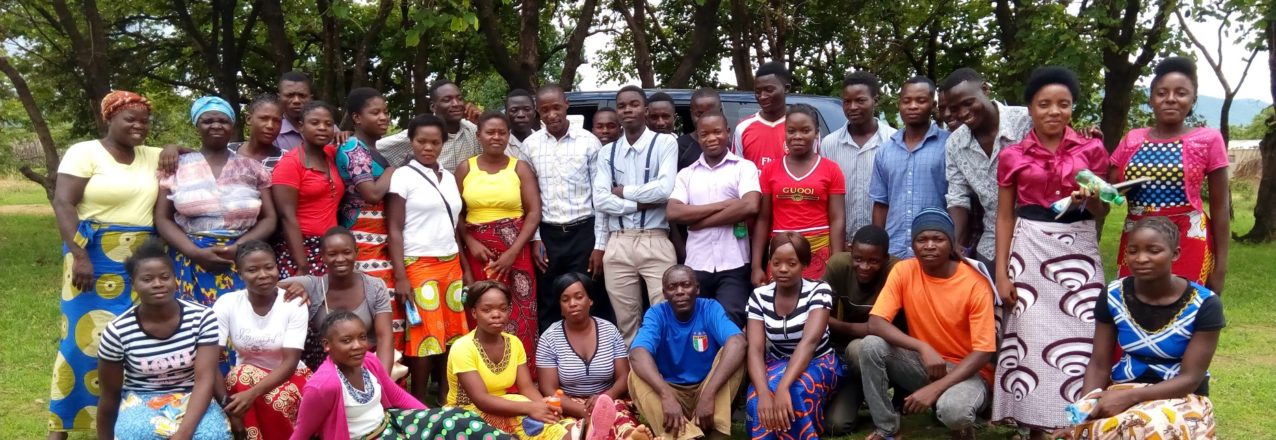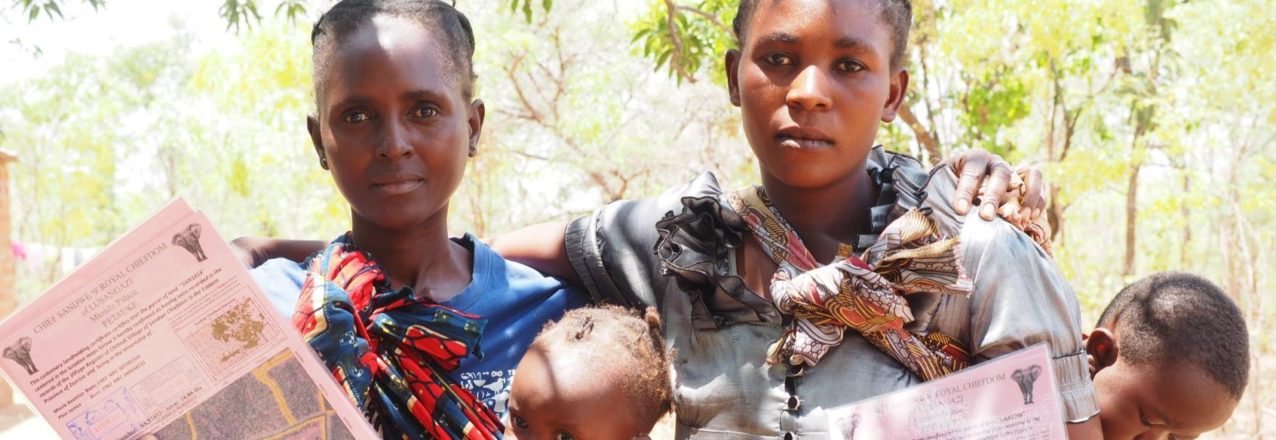USAID’s Property Rights Program (PRP) is a four-year activity that aims to address the property rights challenges and to develop a plan for the stabilization of the property rights regime in Kosovo. The program will work in partnership with the Government of Kosovo (GOK), selected municipalities and other relevant local and international stakeholders. USAID has allocated $8.5 million for the implementation of the Property Rights Program.
EXECUTIVE SUMMARY
SUMMARY OF RESULTS FOR THE REPORTING PERIOD AND KEY ACHIEVEMENTS
This Quarter saw PRP advance its initiatives significantly under all four Objectives. Under Objective 1, PRP has continued to support the timely development of legislation to implement the NSPR and assist the GoK in tracking its implementation. Under Objective 2, two CoMs have taken steps to institutionalize the Caseflow Management (CFM) reforms introduced by PRP, which have resulted in greater efficiency and improved court performance in adjudicating property rights cases. PRP has advanced its initiative with the Supreme Court to produce guidelines for lower courts to improve their substantive practice in property rights law. Under Objective 3, PRP continued its public outreach on women’s equal property rights with a range of activities. Under Objective 4, PRP has moved forward a number of initiatives that are designed to improve municipal governments’ services to their citizens. In addition, PRP has produced two publications that will help bring Kosovo’s property rights regime into line with best international standards and practices: summaries in Albanian and Serbian of 144 key decisions of the European Court of Human Rights that concern property rights; and an Albanian translation of European valuation standards.
OBJECTIVE 1: BETTER COORDINATION AND POLICY PRIORITIES
PROGRESS TO IMPLEMENT THE NSPR
To date, action has been taken on 89% of the pieces of legislation contemplated by the three-year NSPR Action Plan, and the Government has begun implementing 66% of measures called for by the Action Plan. Activities are being implemented on time cross all five NSPR objectives. A status update for each piece of legislation is discussed below.
INITIATING STATUS UPDATE ON NSPR IMPLEMENTATION
PRP and the Strategic Planning Office of the Office of Prime Minister (SPO) agreed to conduct a comprehensive analysis of the implementation of the NSPR during the past six months.
ASSISTING STAKEHOLDERS IN REPORTING
PRP assisted the MoJ in preparing a Summary Report for the Minister of Justice to present at the meeting of the Inter-Ministerial Coordination Group on Human Rights; and in updating the Economic Reform Programme (ERP) on activities on property rights. PRP also provided comments on the Draft Report prepared by the EU Twinning Project on Support to Kosovo Institutions on the Stabilization and Association Agreement; and reviewed the MFA’s Draft Analyses on the State of Economic Diplomacy. The MoJ requested PRP to conduct this review to identify recommendations that bear on the National Strategy on Property Rights which could have an impact on economic development and increasing investment.
CLOSE COORDINATION CONTINUES WITH THE EU-FUNDED SUPPORT FOR THE CIVIL CODE PROJECT, PHASE 2 (CCP2)
PRP and CCP2agreed on the approach for legislating property rights in the Civil Code and special laws developed under the NSPR. PRP documented the agreement, with USAID comments in a memo signed by both projects and jointly presented to the Ministry of Justice (MoJ).
INFORMING INTERNATIONAL STAKEHOLDERS ABOUT THE KPCVA LAW
PRP met with representatives of, respectively, the US Embassy, United Nations High Commissioner for Refugees (UNHCR) and the European Union Special Representative (EUSR) in separate meetings to explain the thrust of the proposed amendments and secure support for this initiative.
EXPLORING COLLABORATION WITH THE OFFICE OF THE OMBUDSPERSON ON PROPERTY RIGHTS ISSUES
Potential areas of collaboration with the OO include: supporting a fully open and transparent cadastre; eliminating property transaction tax; eliminating requirement to demonstrate payment of property tax to obtain property rights certificates contrary to Kosovo law; amending Law on Anti- Money Laundering to exempt transactions prior to 2005 to reduce informality.
ALBANIAN TRANSLATION OF EUROPEAN VALUATION STANDARDS COMPLETED AND PUBLISHED
PRP published the translation and is distributing copies to appraisers, judges, lawyers, notaries and relevant officials. PRP is also seeking to have digital versions of these texts posted in the web pages of the Kosovo Association of Appraisers and other institutions.
OBJECTIVE 2: IMPROVED COURT PROCEDURES RELATED TO PROPERTY CLAIMS
INSTITUTIONALIZATION OF CASE FLOW MANAGEMENT REFORMS
The Peje Basic Court has permanently hired Legal Associates (LAs) to carry out the functions defined in PRP’s CFM assessments to improve court efficiency. The hired LAs were previously trained and seconded to the court by PRP. The LAs contribution to court efficiency was recognized by the court and the KJC and the position will now become permanent with state funding.
IMPROVED CFM PRACTICES CONTINUE TO PRODUCE POSITIVE RESULTS
PRP’s support to the CoMs since December 2016 have assisted judges to issue a total of 10,625 decisions including 2, 059 decisions to dispose the case, and 8,566 procedural actions related to the first and second stages of a case to more efficiently and quickly advance the cases to final disposition.
PRP AND THE JUDICIAL STRENGTHENING SUPPORT PROJECT (JSSP) COLLABORATE TO PRODUCE COURT GUIDANCE
The two USAID projects combined JSSP’s Bench Book with PRP’s Practical Guide on the Adjudication of Property Rights Cases in Kosovo into a single product to help improve court performance. JSSP acknowledged the value of PRP’s contribution to include more practical guidance to resolve property claims and disputes which present particular legal challenges judges must resolve.
COLLABORATION WITH SUPREME COURT TO PRODUCE GUIDELINES ON PROPERTY RIGHTS DISPUTES
This initiative will assist the Supreme Court to help lower courts deal more effectively and uniformly with issues in property rights disputes. PRP has identified 139 Supreme Court decisions that address these issues and has helped the Supreme Court hire four legal assistants to support the judges to produce the guidelines.
SUMMARIES PUBLISHED IN ALBANIAN AND SERBIAN OF 144 DECISIONS OF THE EUROPEAN COURT OF HUMAN RIGHTS ON PROPERTY RIGHTS
PRP has produced a volume of 144 summaries in Albanian and Serbian of decisions of the European Court of Human Rights (ECHR) that concern property rights. ECHR decisions are incorporated into the applicable law in Kosovo and the summaries will assist judges and lawyers comply with ECHR guidance. The Kosovo Supreme Court and Kosovo Judicial Academy have posted digital versions of the ECHR Case Summaries on their web sites and PRP supported a public event to raise awareness about the initiative and citizens’ human rights as they pertain to property.
DEVELOPING TRAINING MODULES ON LEGAL TOPICS
In close collaboration with the Kosovo Academy of Justice (KAJ), PRP commenced development of training modules on Gender Sensitivity; ECHR Practice in Property Rights; and Property Rights Issues in Kosovo Judicial Practice. PRP has identified and hired four local experts to provide STTA to develop these training modules, they will work closely with their KAJ counterparts.
AMENDING KPCVA LAW TO CREATE EXPEDITED PROCEDURES FOR ADDRESSING INFORMALITY
PRP prepared the Explanatory Memorandum to support the GoK adoption of the amendments. The draft legislation is now in Parliament.
INITIATIVE LAUNCHED FOR MODERN NOTIFICATION PRACTICE THAT STRENGTHENS DUE PROCESS
PRP has commenced discussions with the Office of the Official Gazette (OOG) to publish notice of property rights proceedings and decisions issued by GoK institutions. PRP has provided the OOG with an analytical memorandum on the proposed initiative and a draft Memorandum of Understanding. Thus far the OOG has been very receptive.
OBJECTIVE 3: ENHANCED WOMEN’S RIGHTS TO USE PROPERTY IN PRACTICE
ROBUST MEDIA CAMPAIGN CONTINUES ON WOMEN’S PROPERTY RIGHTS
PRP arranged for existing public service announcements (PSAs) to be aired again, with a billboard campaign conducted in parallel to complement the PSA campaign. In addition, PRP finalized the concept and completed production of a new PSA that will begin airing in October 2018. PRP also arranged for the Head Banner in prominent social media to promote women’s property rights and PRP’s other outreach activities.
SUPPORT TO ENGAGEMENT FOR EQUITY (E4E) SUB-GRANTEE CONDUCTING OUTREACH IN GJILAN MUNICIPALITY
PRP has supported the E4E sub-grantee, “Gruaja Hyjnore,” with information leaflets and brochures for use in their lectures and dissemination activities. Gruaja Hyjnore held number of awareness- raising workshops and meetings with women in the Gjilani area, including in villages and with the high school students.
HELPING MGO’S INCREASE PUBLIC ENGAGEMENT IN SUPPORT OF WOMEN’S PROPERTY RIGHTS
PRP is working closely with Municipal Gender Officers (MGO’s) in Suharekë/Suva Reka, Mitrovicë/Mitrovica, Lipjan/Ljipjane, Gjakova/Đjakovica, Dragash/Dragaš, Viti/Vitina and Shtërpcë/Šterpce — to develop joint plans of activities in their communities to support women’s property rights. In that connection PRP and the MGO from Suharekë/Suva, Reka held a workshop with the local assembly women’s caucus and municipal staff on women’s property rights. The workshop concluded with a list of recommendations from the participants on how local assembly members and municipal staff can support women’s property rights in their municipality.
PREPARATIONS COMPLETED FOR END-LINE NATIONAL SURVEY ON PROPERTY RIGHTS
PRP has awarded the subcontract to UBO Consulting (UBO) to conduct the end-line survey. It is expected that UBO will begin its work on or about October 1, 2018 and will complete it by the end of February 2019. UBO will survey 1,500 households, which is the number required to produce a statistically significant sample that is representative for the entire country.
PRP CONCLUDES SUCCESSFUL SERIES OF REGIONAL ROUNDTABLES FOR MOC’S
PRP completed its series of five regional (30 municipalities) training workshops on property registration service delivery, with the fifth regional workshop for MCO’s held in Peja/ Peć. The workshops were designed to focus attention and foster constructive discussion on specific challenges and problematic issues confronting MCOs that PRP has identified through its work with MCOs to date. PRP prepared and distributed to all the participants a detailed analytical memorandum that described the issues and challenges that were discussed; included recommendations on how they can be addressed; and indicates where and how PRP will help address the problems identified.
MUNICIPALITIES POSTING PRP’S “HOW TO REGISTER…” BROCHURE SERIES ON THEIR WEBPAGES
PRP has produced brochures that provide citizens with guidance on registering property rights arising in four different scenarios (from inheritance; purchase and sale; court judgment; and gifts). Thus far, eleven municipalities have published digital copies of the brochure on their websites.
SECOND GENERATION E-KIOSKS BEING EXTENDED TO FOUR ADDITIONAL MUNICIPALITIES
PRP held a competitive procurement and concluded contracts with two subcontractors to upgrade six e-kiosks in four municipalities. PRP has also facilitated cooperation between each sub-contractor and the Kosovo Cadastral Agency (KCA) to ensure the e-kiosks are correctly linked to the Kosovo Cadastre Land Information System (KCLIS).
INITIATIVE NEARLY COMPLETED TO ELIMINATE BACKLOG OF UNREGISTERED TRANSACTIONS IN ŠTRPCE/SHTËRPCË MUNICIPALITY
PRP continued to provide technical assistance by way of an STTA Expert and intern to support the Municipal Cadastral Office (MCO) to eliminate its large backlog of unregistered property transactions. To date around 4,400 files have been entered into the KCLIS, out of an estimated 5,000 total. The backlog arose when the Municipal Assembly issued an order prohibiting registration of inter-ethnic transactions. The order was subsequently nullified, but during that time the number of transactions that were submitted for registration accumulated, and the MCO did not have the resources to register them and attend to ongoing duties. Approximately 90% of the backlogged files (5,000) will be registered by the end of October 2018. Further action will need to be delayed until January, owing to Kosovo law governing short-term and long-term employment.
MUNICIPALITIES SELECTED FOR NEW LEASING INITIATIVE
PRP has commenced an initiative to assist selected municipalities in leasing municipal arable land to the private sector. Following the conclusion of the regional workshops with MCO’s, PRP made fact- finding trips to ten potential partner municipalities to ascertain their officials’ level of support for this initiative. PRP also consulted with USAID AGRO, USAID EMPOWER, USAID P4D and USAID AKT- LS. On the basis of its findings PRP has proposed six municipalities — Gjakovë, Peje, Gracanicë, Shtime, Malisheve and Istog – and USAID has given its approval.
IMPROVING THE LEGAL FRAMEWORK FOR LAND CONSOLIDATION
PRP has developed close contacts with the Ministry of Agriculture (MoA), which is responsible for land consolidation; and with the Deutsche Gesellschaft für Internationale Zusammenarbeit (GIZ) project that is assisting the MoA in this area. PRP has agreed to assist in amending the current Law on Land Consolidation. During this Quarter, PRP developed its own analysis and recommendations of the key issues that should be addressed and presented it to the MoA and GIZ. It is expected that the MoA will present these issues for discussion when it forms a working group to develop amendments to the Law.





